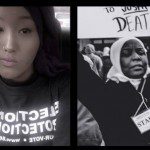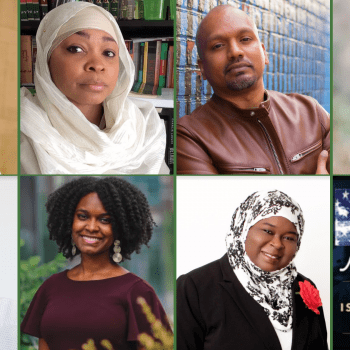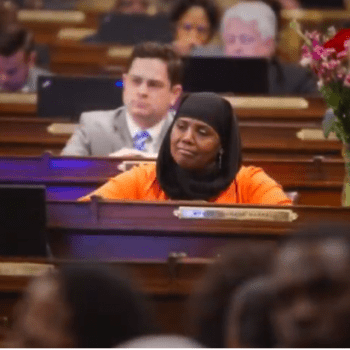
A simple apology is powerful in healing damage caused by our words and actions and a fundamental part of Islam.
American Muslim culture is rich with a multitude of races and ethnicities, which offers opportunities to foster solidarity and become allies in resisting oppression inside and outside of our communities. Conversely, it may also increase the chance that Muslims marginalized through social intersections of race, gender, ability and sexuality further victimized by their coreligionists because of the dire need for increased cultural competency.
Noble intentions are a great start, but true allyship requires two important things:
- Learning how to utilize one’s privilege to center our marginalized sisters and brothers in spaces addressing their oppressions. That means that your oppression takes a back seat. For example, a Black Muslim using her able-bodied privilege to ally with disabled Muslims won’t start centering issues of anti-Blackness.
- Correcting mistakes. Effective allies learn how to make amends. This article focuses on steps allies may take to setting things right.
Below are some basic corrective actions for allies to rectify instances of insensitivity. The steps are demonstrated in a racial context are applicable to other spaces of allyship.
1. Don’t dismiss others’ pain by asserting your specific experience. Take a seat and listen. Just because you haven’t experienced or witnessed it doesn’t mean it doesn’t exist.
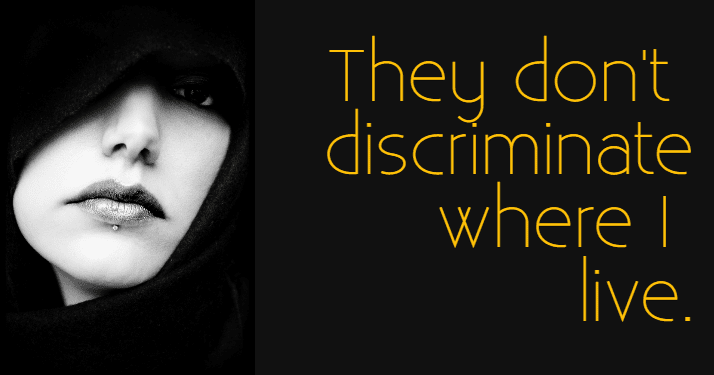
2. When called out on your insensitivity, apologize and move on. Do not attack further with defensiveness and with the usual rhetoric used against targeted groups.
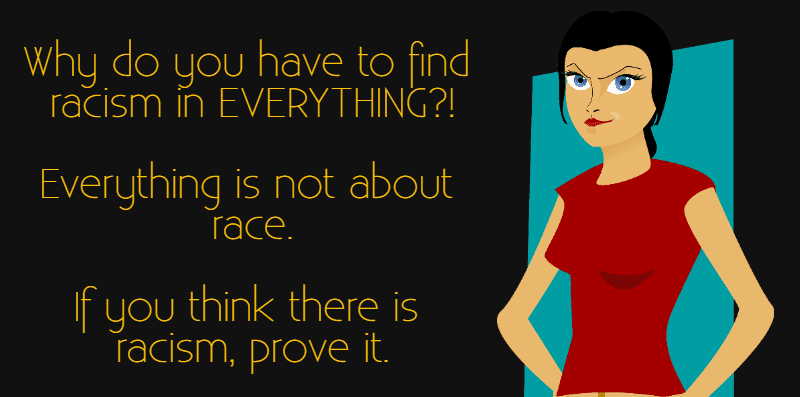
3. Don’t attempt to “splain” (whitesplain, brownsplain, mansplain, etc.) to those you’ve assaulted on what injustices they face. Don’t attempt to center yourself as the victim. Realize that you caused your fellow Muslim pain. Use your energy to soothe their pain instead of generating your own tears.
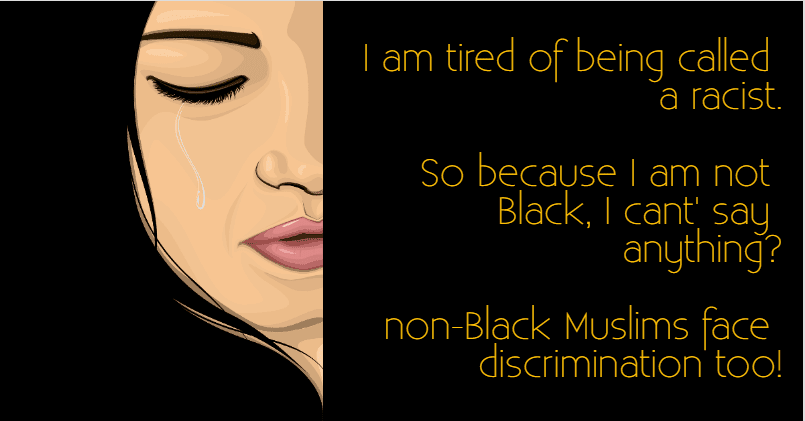
4. Many Muslims delude themselves into thinking that particular moments of awareness and kindness are indications that they got it all together and are completely woke, and become shocked to learn the contrary. Do not make it about your feelings and don’t embark on a tirade of all the good stuff you do for the marginalized (it only comes off as condescending). Most importantly, avoid lashing out.
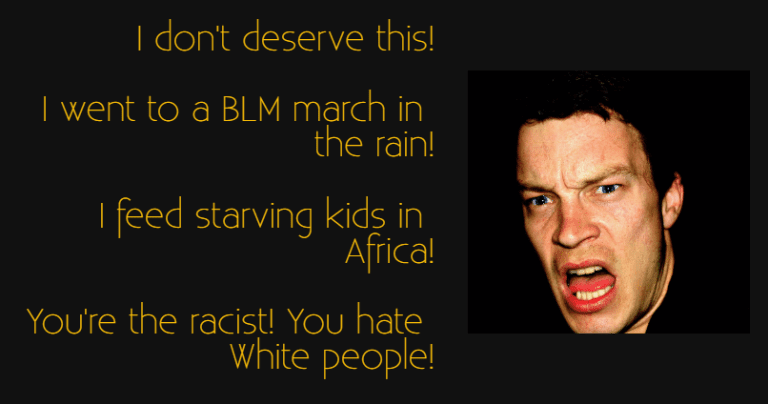
5. Make instances of being informed that you were microaggressive, dismissive, or plain discriminatory as opportunities for reflection. Recognize the need to learn more, but CRACK OPEN A BOOK. Do not expect the marginalized to pivot from their struggle to educate you.
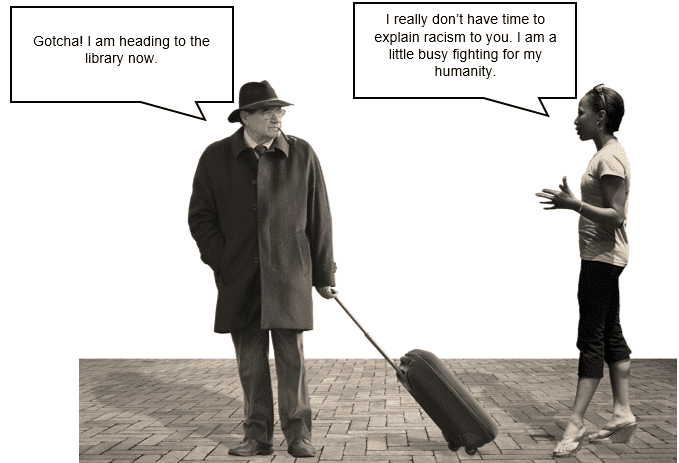
The foundation of allyship is awareness, not perfection. You will make mistakes, but if you are committed to fulfilling Allah’s mandate to fight oppression (Quran 4:75) and nurture real fellowship in the American Ummah (Quran 49:10), the best thing to do is learn from them.


